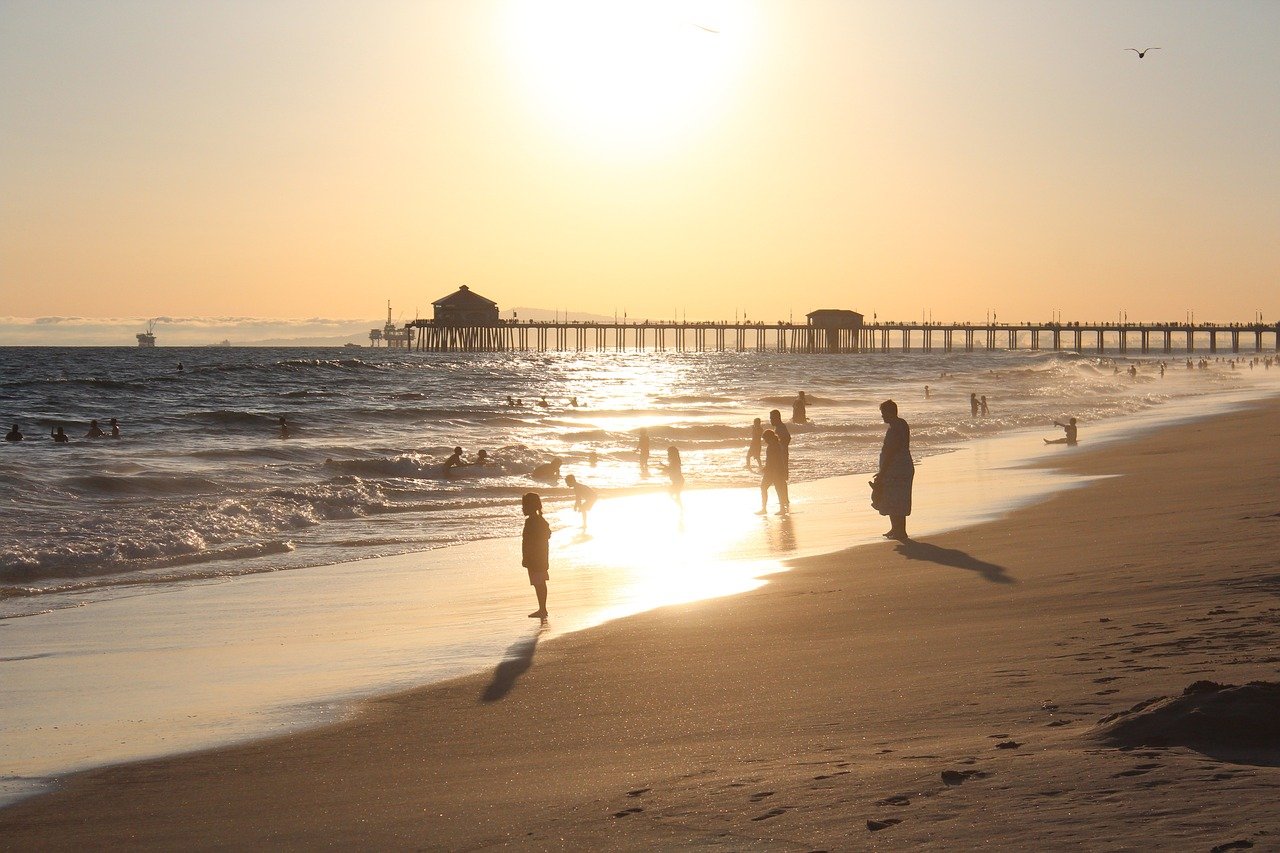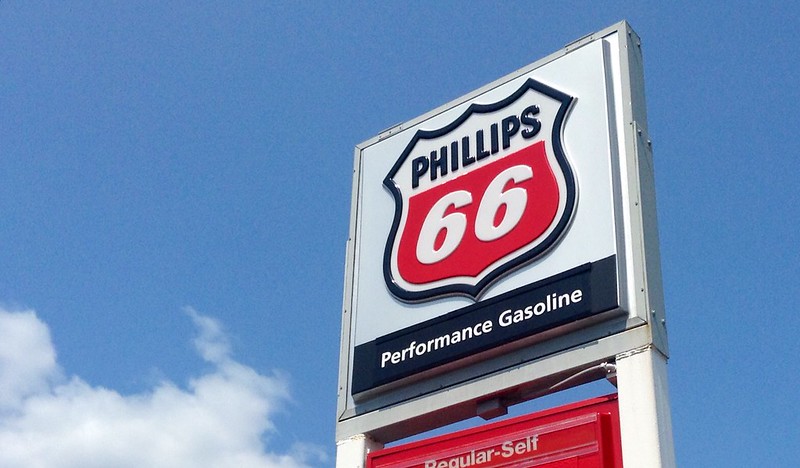The California Coastal Commission on Thursday unanimously rejected the Poseidon desalination project in Huntington Beach, which was proposed in 1998 but now appears to be dead.
Coastal Commission staff recommended rejecting the plant.
Before Thursday’s hearing, Poseidon spokeswoman Jessica Jones touted the project as the “most technologically advanced and energy-efficient desalination plant in the Western Hemisphere, with a zero-carbon footprint and powered entirely by renewable energy.”
Poseidon officials pointed to its Carlsbad plant, which has been operational for six years, as proof it will not have a “negative impact” on marine life in Huntington Beach.
The company issued a statement following the vote saying it was “not the decision we were hoping for today. We thank Gov. Gavin Newsom for his support of this project, correctly pointing out that desalination is an important tool in the toolkit. We believe in the governor’s vision and his Water Resilience Portfolio, which identified the goal of maintaining and diversifying water supplies.”
The commission heard hours of testimony throughout Thursday on the polarizing proposal, which seems to have as many backers as it does opponents.
Several of the commissioners said they were not opposed to desalination and agreed with Newsom’s sentiments overall that it will be one way to combat worsening drought conditions.
However, the commissioners said Poseidon presented too many issues from its potential hazards to marine life, location near the wetlands and economic feasibility.
“Between the intake problem and outtake problem of brine and pollution from chemicals shooting out of diffusers, you’re basically looking at a number of damages to the marine life — at least half of what a giant power plant is doing, and multiply that over 60 years and it is an incredible amount of destruction,” said Commissioner Dayna Bochco.
“It’s hard for me to get past that… I cannot say in good conscience this amount of damage is OK.”
Commissioner Kristina Kunkel noted that the state’s largest reservoir is only 38% full and that “desalination is a necessary part of that conversation” about addressing the drought and climate change, but pointed out the amount of power it would take to run the facility was questionable with the electrical grid at times struggling to meet energy needs. And she questioned its economics.
“This project simply doesn’t pencil out,” Kunkel said.
Commissioner Meagan Harmon said, “I wish I didn’t have to take this vote today. I’m not opposed to desalination — full stop. It will continue to be a fundamental part of the state’s water portfolio.”
Harmon said a desalination facility in her area has been essential to addressing water shortages.
“But for desalination to be the right choice it has to be cost effective and environmentally sound,” Harmon said. “I don’t think this project and mitigation package as currently proposed meets those standards.”
Commissioner Mike Wilson said the project’s proposed location is “not good.”
He added, “Ultimately the risk will be borne by the public. If it goes wrong it becomes more expensive and rates will go up. The risk will be borne by the public all the way through.”
Wilson, like some other commissioners, criticized Poseidon for a lengthy response to the staff that was sent Tuesday.
“I was not appreciative of the last-minute pile-on of documents we received Tuesday,” Wilson said. “It doesn’t help. For me it just clouds the process. It doesn’t either help the applicant or staff or anybody.”
Coastal Commission Chairwoman Donne Brownsey said the proposal “had a number of problems, but I also thought there was an opportunity to address them.
“I just believe that this hearing is a microcosm of all the really challenging, complex issues that are facing us as human beings in this particular time,” Brownsey said. “Climate change is an extraordinarily complex and unknowable situation… and we’re truly grappling with it to try to build solutions.”
Brownsey said there was a “failure of collaboration” on the project. She called on state lawmakers and regulators to provide a more detailed plan for where to locate and how to approve desalination plants.
“I do hope that this is like a lesson for us to not repeat in the future — that we can work together, that the engineers and the water purveyors and water boards and environmental justice community and our tribal elders and environmentalists — that all of us can structure a new kind of process such that we’re not fighting and wasting valuable time, but that we’re working collaboratively,” Brownsey said.
“We must have a statewide plan on desalination projects, so we can have some ground rules, so that the businesses and governments have clear expectations about what is going to be required so it is not an ambiguous and extremely time-consuming process.”
The worsening climate change conditions were “punctuated for me this morning when Laguna Niguel is in flames,” Brownsey said.
“We know that we have major water problems in California and it is going to take every tool in the tool box, including intelligent desalination to address those,” Brownsey said.
The project was proposed in 1998. City officials approved it in 2010, and the Coastal Commission approved it with 21 special conditions three years later. Poseidon officials withdrew the proposal as they found the conditions made it economically unfeasible.
Coastal Commission staff cited increasing risks of climate change, including rising sea levels and earthquakes, that make such a project less safe as planned.
The water the project would supply would be especially needed following a catastrophe, but the location of Poseidon would ironically be more isolated and “difficult or impossible to access during coastal hazard events” that the commission’s staff believes will “increase in severity and frequency in the future.”
The commission’s staff also said the project would do too much harm to marine life as it sucked in about 106.7 million gallons of seawater daily through a screened intake pipe in a process that would discharge about 57 million gallons of highly salty brine into the ocean.
The process would require “high-velocity diffusers” to scatter the brine so it doesn’t settle too much on the ocean floor, but that tool would kill “marine life in about 100 billion gallons of seawater per year,” according to the commission staff.
“The Regional Water Quality Control Board determined that Poseidon’s ongoing impacts to marine life would be equal to a loss of productivity from 423 acres of nearshore and estuarine waters each year,” the staff report reads.
Poseidon officials planned to offset the loss of sea life with a mitigation project to improve the nearby Bolsa Chica Lowland Restoration area and the Palos Verdes Restoration Reef, but the commission staff said it would not be enough to offset the damage.
The commission’s staff said the company hasn’t begun building a mitigation project that was required to offset damage from the company’s Carlsbad desalination facility after six years.
The commission’s staff also argued that the project would raise water bills for low-income residents and doubted any jobs created by the plant would benefit the poorer communities.
The staff argued that other “water sources would be more reliable and less expensive than Poseidon’s plant.”
The staff said that a buyer of the desalinated water still has not been identified other than the Orange County Water District, but, the report added, “any eventual purchase is continent on Poseidon being able to obtain hundreds of millions of dollars in subsidies from Metropolitan Water District and that Poseidon provide specific expected costs for its water, among other things.”
It’s uncertain when the project could begin running as some local water districts would have to spend hundreds of millions of dollars to add infrastructure to accept the desalinated water, the staff said.
The staff also argued that the project would require so much energy to run that it would run counter to efforts to cut back on greenhouse gas emissions.
“The facility would also be in a low-lying, geologically unstable area where sea level rise, flooding and tsunami and seismic risks are likely to render the site difficult to access or operate in an emergency, or even on a regular basis, in the future,” the staff said.
Poseidon officials said the company for the past 20 years “has worked through California’s complex and evolving regulatory framework,” and they added, “We have worked with Coastal Commission staff to answer questions, address concerns, provide technical and engineering reports, and propose effective and thorough mitigation solutions.”







